
Not only is the global blockchain market expanding, but it is also growing rapidly. By 2032, it is expected to grow to an astounding $393.42 billion from $31.18 billion in 2025. Ironclad quality is a crucial, non-negotiable demand that is highlighted by its rapid acceptance in industries such as banking, supply chain, healthcare, and more. The stakes are bigger than ever as blockchain technology transforms from a fringe idea to a major force in society. A single smart contract flaw or a decentralised application (dApp) performance snag might result in enormous financial losses and irreversible harm to user confidence.
Here's where Quality Assurance (QA) emerges from the background and takes centre stage. But testing a transparent, decentralised, and unchangeable system is quite different from testing software. The very characteristics that make blockchain revolutionary also make validation particularly difficult. The future of blockchain quality assurance will be examined in this blog, along with the major developments, cutting-edge methods, and advanced technologies influencing the upcoming generation of blockchain testing services. We'll also look at why hiring a specialised QA testing business is now essential for every significant blockchain project rather than just a luxury.
The Current State of Blockchain QA
It is important to comprehend the present before you look to the future. Blockchain QA is a complex field that is aimed at checking and certifying all aspects of a blockchain system. The goal is to ensure the network is secure, reliable, and operates as expected. In its current state, the main areas of blockchain application testing are:
Smart Contract Testing: It is arguably the most important area. Smart contracts, being self-executing and irreversible after deployment, mean that faults in the code cannot be removed and can be exploited. Testing is both a static analysis and a dynamic analysis to point out the vulnerabilities, such as reentrancy attacks, integer overflows, and defective business logic.
Functional Testing: This is to verify that all applications of the blockchain are operating as per the business needs. It entails testing transactions, block formation, chain integrity, and data dissemination over the network.
Performance Testing: Scalability is an issue of significant concern as more users are adopted. The performance testing services are essential for evaluating the throughput of transactions a blockchain can perform, considering network latency and its ability to handle high loads without compromising speed or stability.
Security Testing: The decentralized design of blockchain also presents special security issues. QA teams perform penetration tests, scan vulnerabilities, and conduct node security audits to mitigate vulnerability to attacks such as 51% attacks, double-spending, and unauthorized access.
Integration Testing: There are very few instances that blockchain apps exist in a vacuum. They have to interact smoothly with wallets, external APIs, oracles (third-party data feeds), and other off-chain systems. Integration testing ensures these connections are stable and secure.
The complication is the difficulty. Testers have to contend with non-centralized networks, complex consensus, and the fact that an immutable ledger is unforgiving and requires specialized knowledge.
Key Future Trends in Blockchain QA
The world of blockchain is in constant flux, and the field of QA is evolving rapidly to keep pace. This rapid evolution in blockchain technology, testing, and tools is giving rise to several key trends that will define the future of blockchain quality assurance.
Rise of AI and Machine Learning in Testing
Machine Learning (ML) and Artificial Intelligence (AI) are set to transform the QA of blockchain. AI-driven applications can interrogate large volumes of data on blockchain networks to preempt critical areas of failure, detect abnormal transactional behaviors, and even, automatically create optimized testing scenarios. In the case of smart contracts, the use of ML algorithms can help identify advanced vulnerabilities that a human-based analysis may overlook, dramatically leveling the playing field in security and minimizing human error.
Paradigm Shift Towards "Shift-Left" and Hyper-Automation
The shift-left approach, which involves applying testing earlier in the development lifecycle, is a trend in blockchain development. It is exponentially cheaper and safer to find and fix bugs in a smart contract prior to deployment than to manage its impact on the mainnet. This is accompanied by hyper-automation, where all things that are automatable are. Smart contract audits, as well as regression testing and performance testing services, will be automated so that human testers do not have to dedicate time to those, more intricate, exploratory testing environments.
Interoperability and Cross-Chain Testing
Blockchain will not have a single, monolithic network; instead, it will be a network ecosystem comprising various chains. With the increasing popularity of technologies such as cross-chain bridges and protocols, the problem of seamless and safe communication between various blockchains is another critical issue in QA. Interoperability testing will become a serious and focused science, which will confirm the ability of assets and data to transfer between chains without the risk of loss or manipulation.
Advanced Security and Zero-Knowledge Proofs (ZKPs)
The larger the value locked in blockchain protocols, the greater the incentives attackers have. Advanced security measures will be analyzed in the future QA much deeper. One of the trends is testing of systems that utilize Zero-Knowledge Proofs (ZKPs). It is a cryptographic technique that enables one party to demonstrate to the other that a statement is true without any information being disclosed other than the statement itself. These intricate cryptography mechanisms demand exquisite expertise and equipment to be tested to be put to proper use and with the best of safety.
Real-World Asset (RWA) Tokenization Testing
Among the most important trends is the tokenization of the real-world assets such as real-estate, bonds, and commodities. This connects the traditional finance with the decentralized world but it also creates new complications. The RWA tokenization QA should confirm not only the code of on-chain logic but also legal and regulatory compliance, accuracy of the asset data and the security of the oracles that provide real-world information to the blockchain.
Emerging Tools & Techniques
To support these future trends, a new generation of sophisticated testing tools and techniques is emerging.
Advanced Smart Contract Analyzers: Tools like Slither, Echidna, and Manticore are becoming indispensable. Slither performs static analysis to detect common vulnerabilities, while Echidna and Manticore use fuzzing and symbolic execution to test for a wider range of potential exploits under various conditions.
Test Automation Frameworks: Frameworks like Truffle and Hardhat provide comprehensive environments for compiling, deploying, and testing smart contracts. They allow developers and QA engineers to write automated test scripts that can be integrated into CI/CD pipelines for continuous validation.
Performance and Load Testing Tools: While traditional tools like JMeter are still used, specialized blockchain performance tools like Hyperledger Caliper are gaining traction. These tools are designed to measure the performance of a specific blockchain implementation by assessing transaction latency, throughput, and resource utilization.
Testnets and Sandboxes: Tools like Ganache create a personal, local blockchain environment for developers and testers to run tests, execute commands, and inspect state while controlling how the chain operates. This allows for rapid and safe testing without the cost or complexity of deploying to a public testnet.
How Specialized QA Partners Future-Proof Blockchain Solutions
Since blockchain technology is a highly complex and high-stakes technology, the risks of attempting to manage QA with an in-house, generalist team are substantial. The specifics of the decentralized systems demand a special, deep knowledge base that most of the traditional QA teams do not possess. That is why it is becoming the gold standard to engage a dedicated QA testing company devoted to blockchain testing services. These partners offer:
Deep Domain Expertise: They know how various consensus mechanisms, cryptographic principles, and vulnerabilities of a typical smart contract work.
Access to Specialized Tools: They possess an existing library of the newest testing instruments and structures, saving time and investment.
Proven Methodologies: They offer war-proven processes and methodologies, specifically designed to test blockchain applications, ensuring thorough and effective coverage of the work.
Security-First Mindset: A specialized firm approaches every project with a security-first mindset, which is critical in an industry where security breaches are a constant threat.
Scalability and Efficiency: They are capable of increasing or reducing testing activities, which are required, and offering sound performance testing to make sure an application is fit to be adopted by the masses.
With a specialized QA partner, companies can reduce risks, speed up time to market, achieve regulatory compliance, and build user trust that is critical to long-term success in the decentralized economy.
Conclusion
The quality assurance of blockchain is an inseparable part of its future. With the increasing integration of technology into the economic and social fabric, the tolerance of error will be nearly zero. The trend of QA testing becoming the ultimate gatekeeper of the product is not only a trend but a fundamental necessity to undergo a major transformation into an automated, highly specialized, and integral component of the development lifecycle.
The shift towards AI-driven analysis, hyper-automation, interoperability testing, and sophisticated security validation is an indicator of the increasing sophistication of the area. An investment in sound QA is never a cost to any organization based on the blockchain—it is the ultimate insurance policy. Collaboration with a QA testing company is not only necessary but also a mandatory step to ensure that your blockchain project is secure, scalable, and able to withstand the test of time.
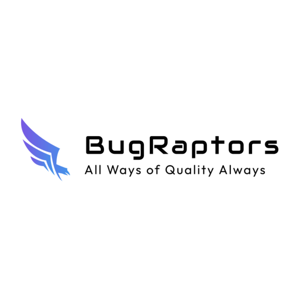
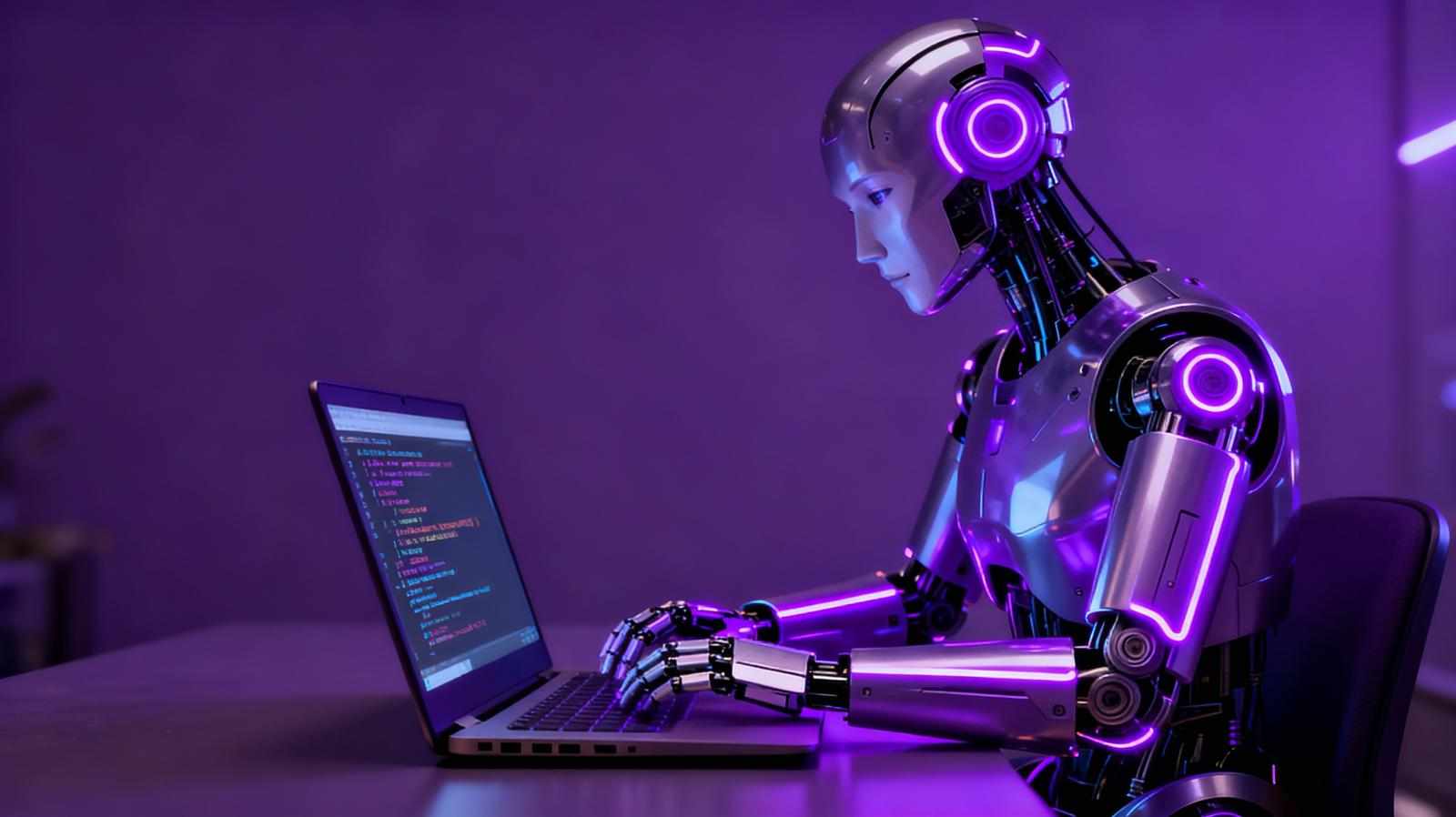



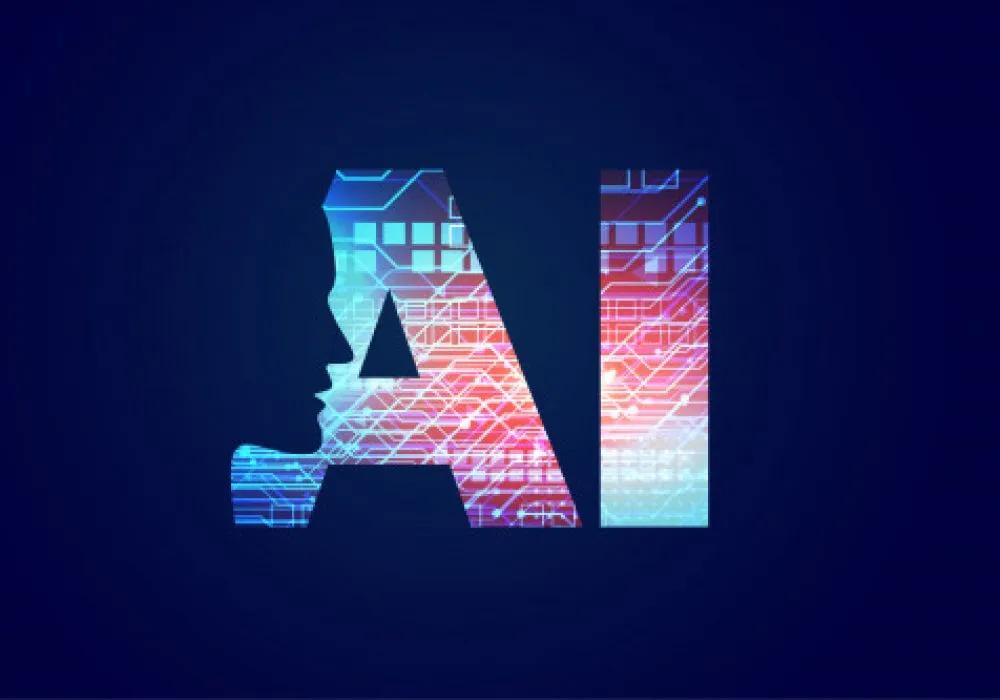


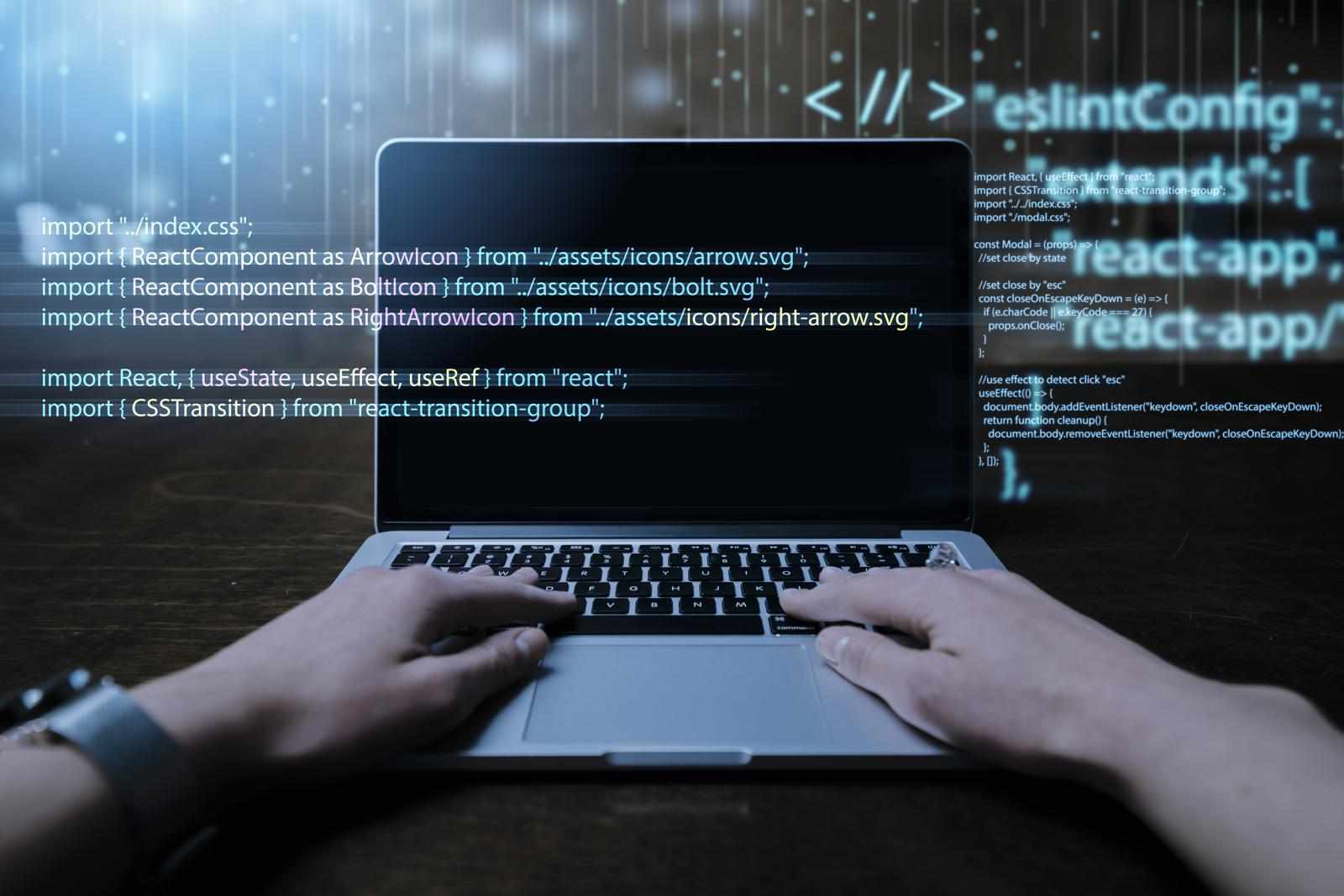
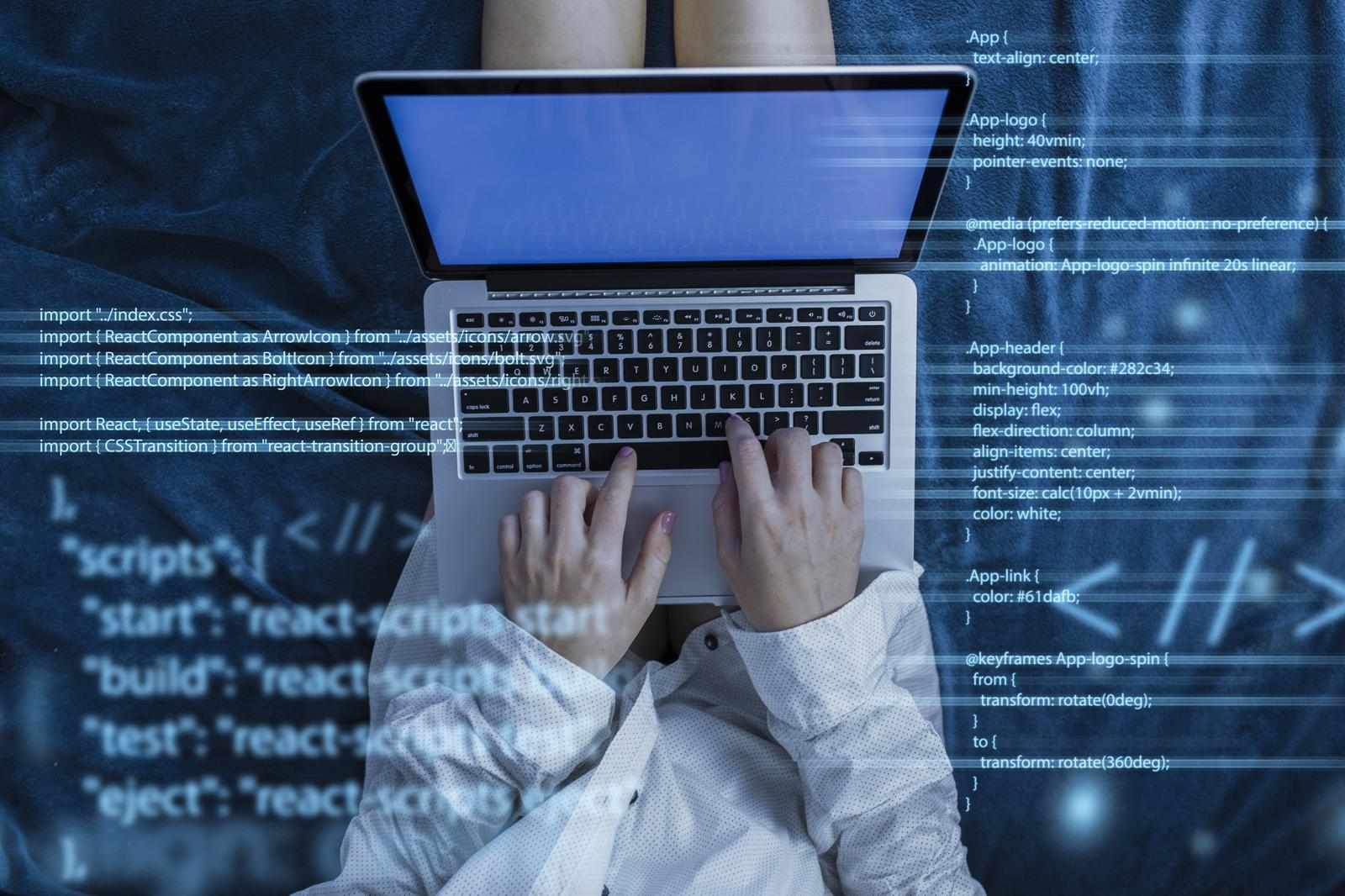


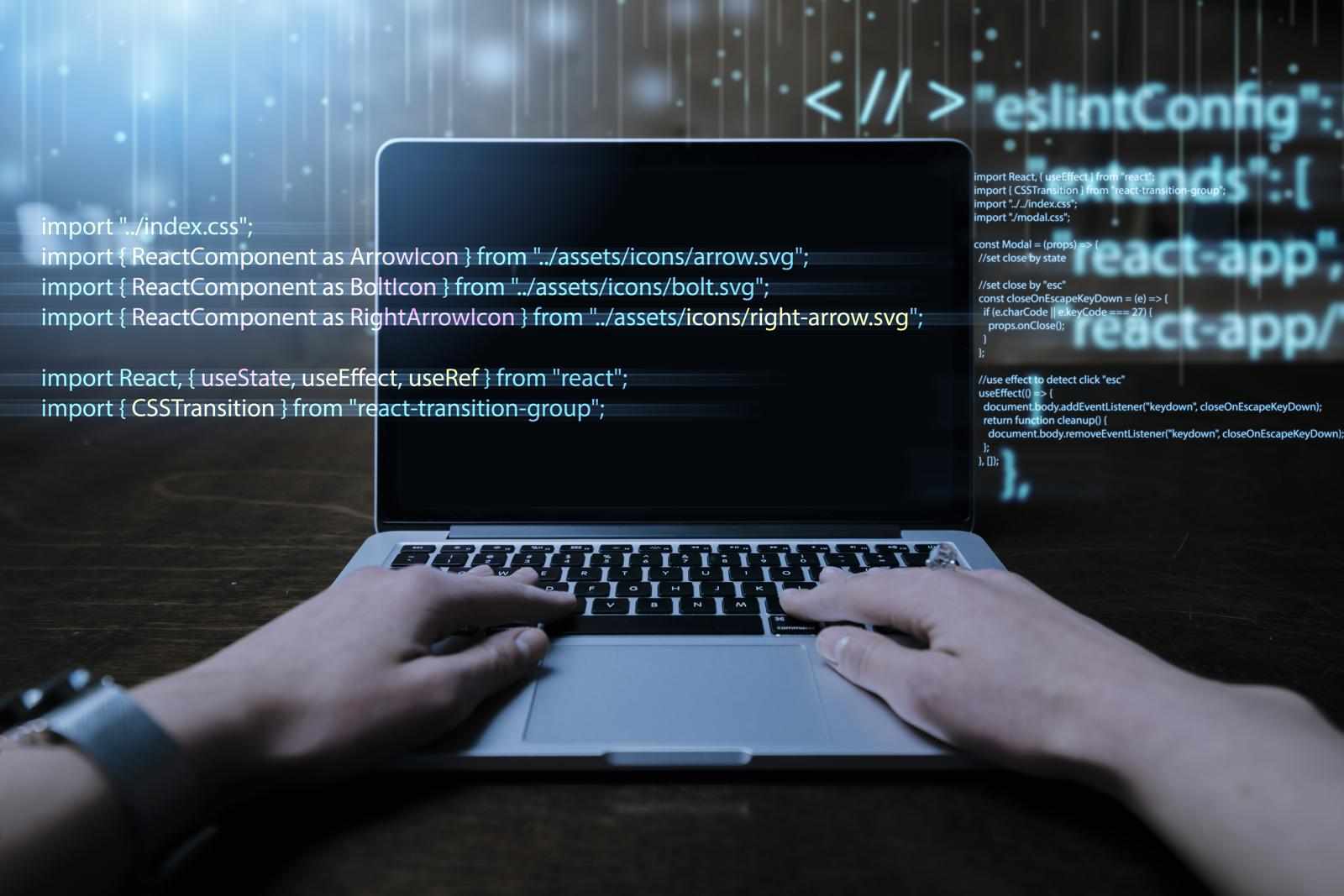
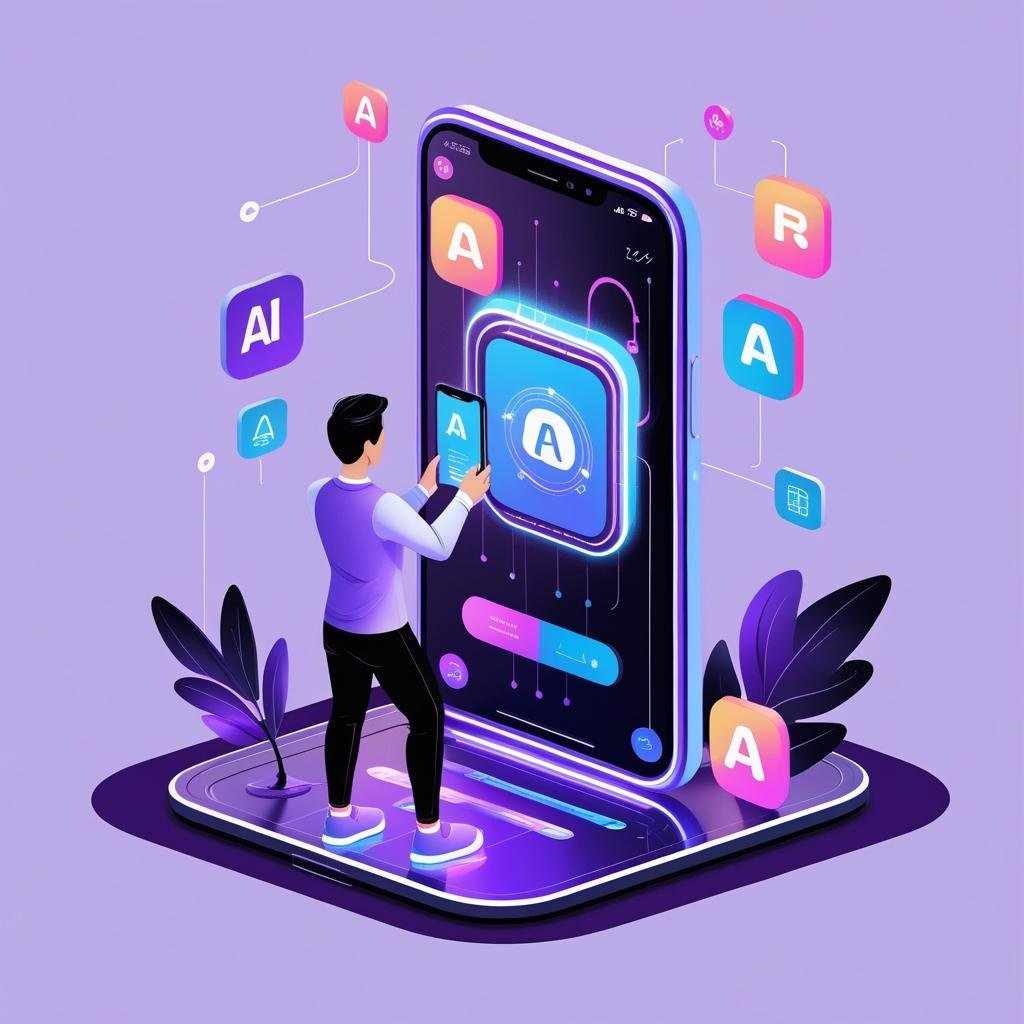
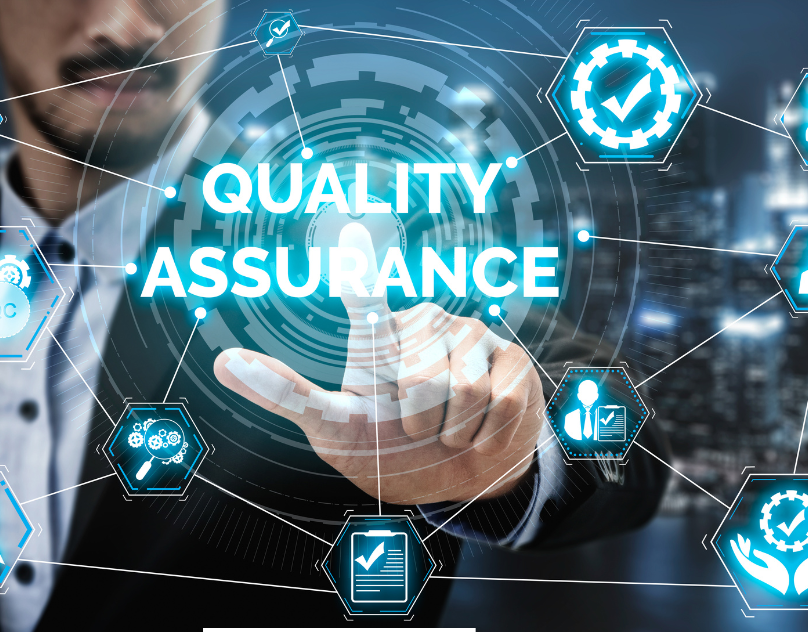


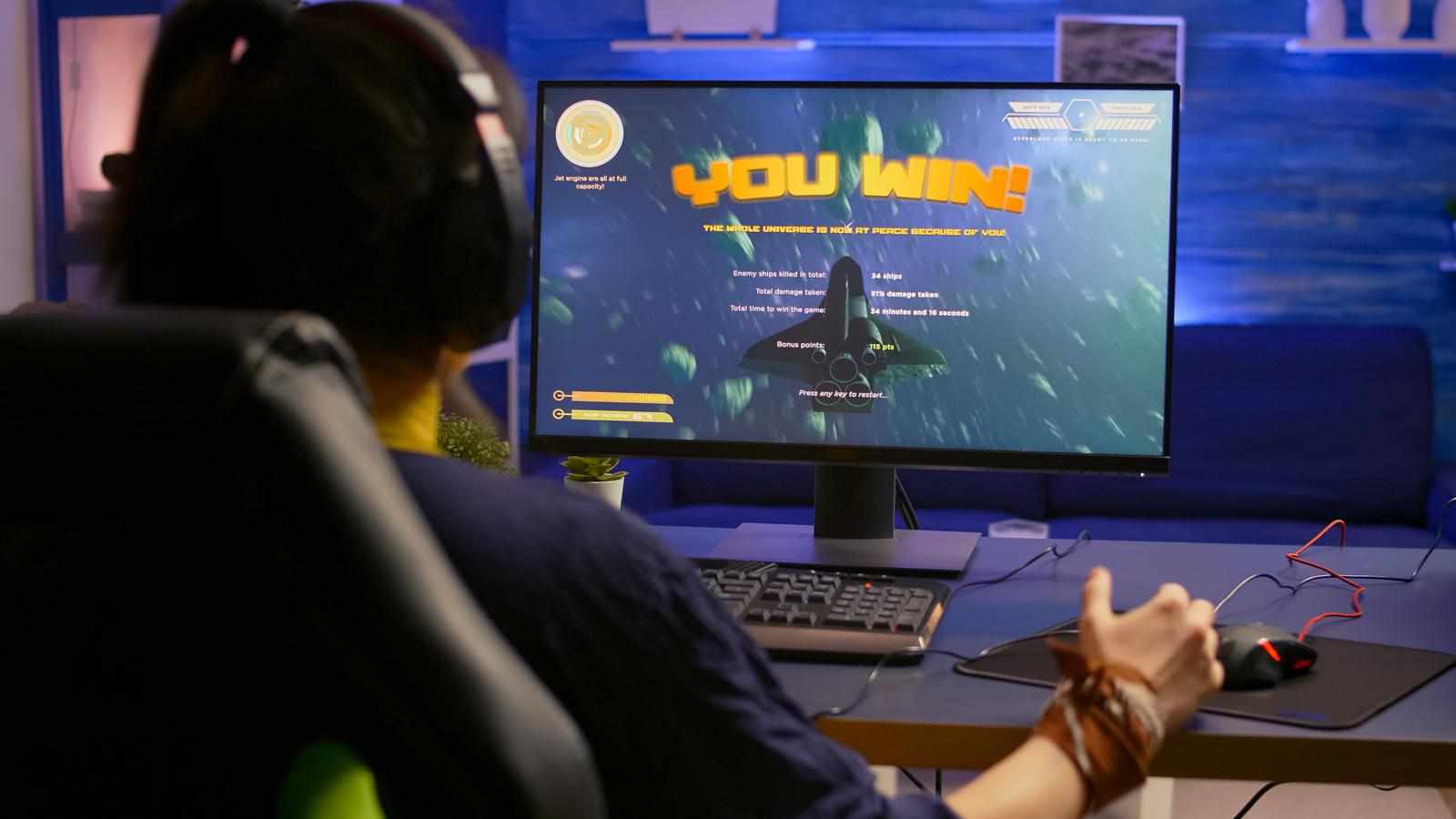
Write a comment ...